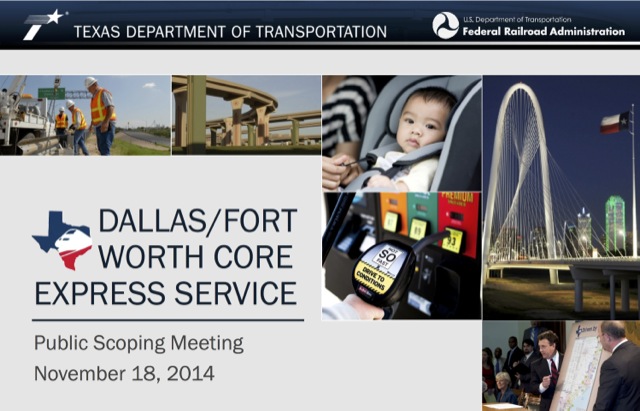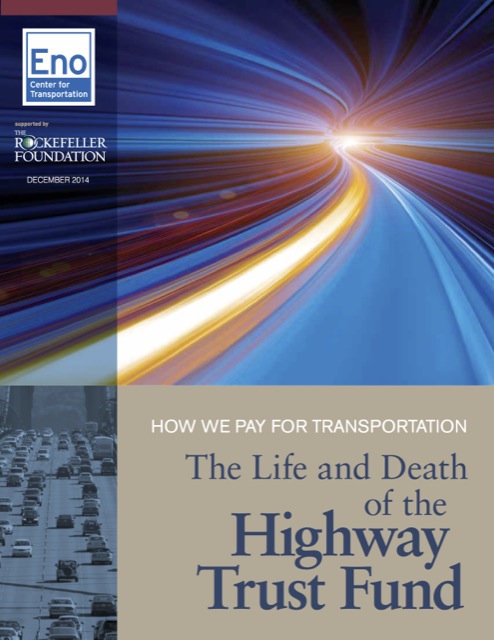Everything you’ve heard from the city of Portland about its streetcar lines is a lie. That seems to be the conclusion of the latest review of the operation by the city of Portland’s own city auditor.
Portland Streetcar, the private organization contracted to run the streetcar for the city, claims to have met the city’s on-time goals. The audit finds that it hasn’t. Portland Streetcar claims to have increased ridership by 500,000 riders in fiscal year 2014. The audit finds that that Portland Streetcar overstated ridership by 19 percent and actually ridership was 1.1 million trips less than claimed.
The auditor is also unimpressed by claims that the streetcar has generated billions of dollars worth of economic development. “Based on studies [Portland Bureau of Transportation] provided to us,” says the audit, “we conclude this research has yet to describe a causal relationship of how streetcars may affect economic development.” In other words, it’s just another fabrication.









